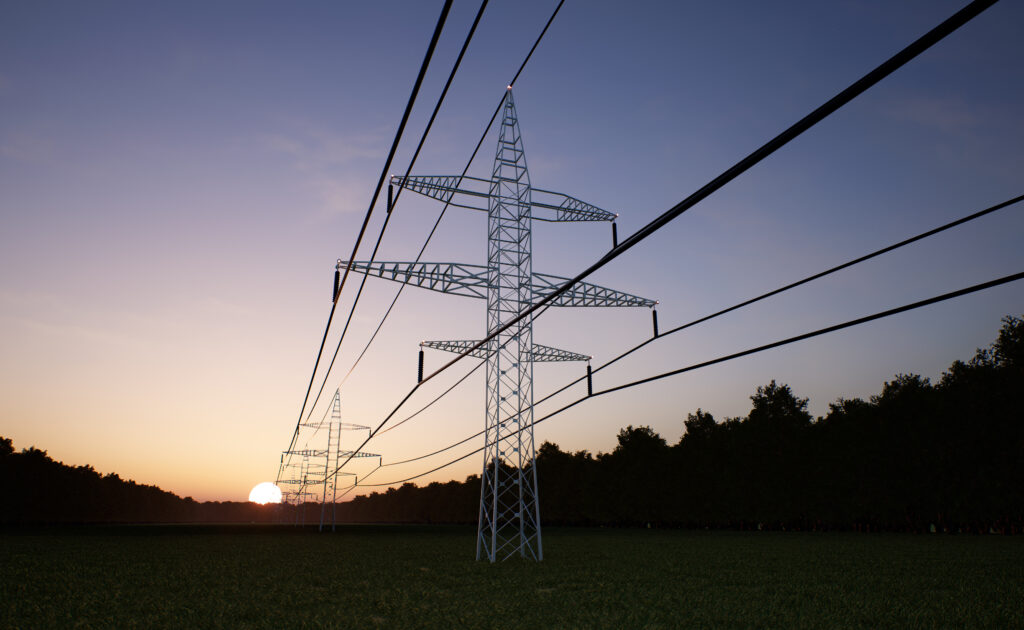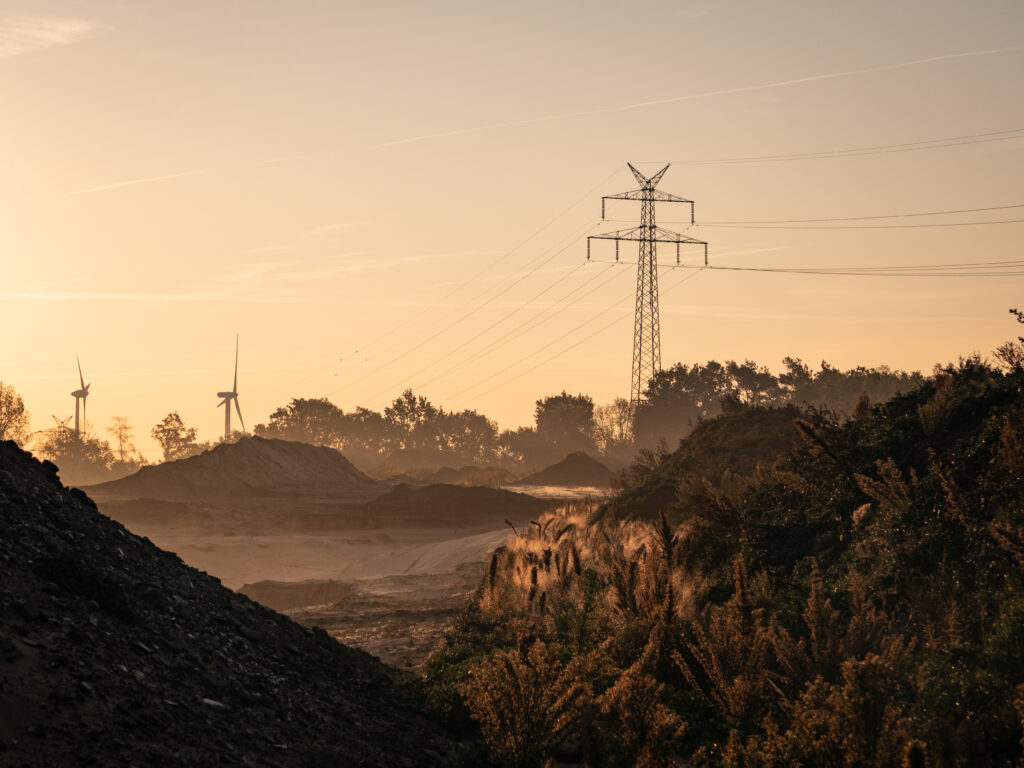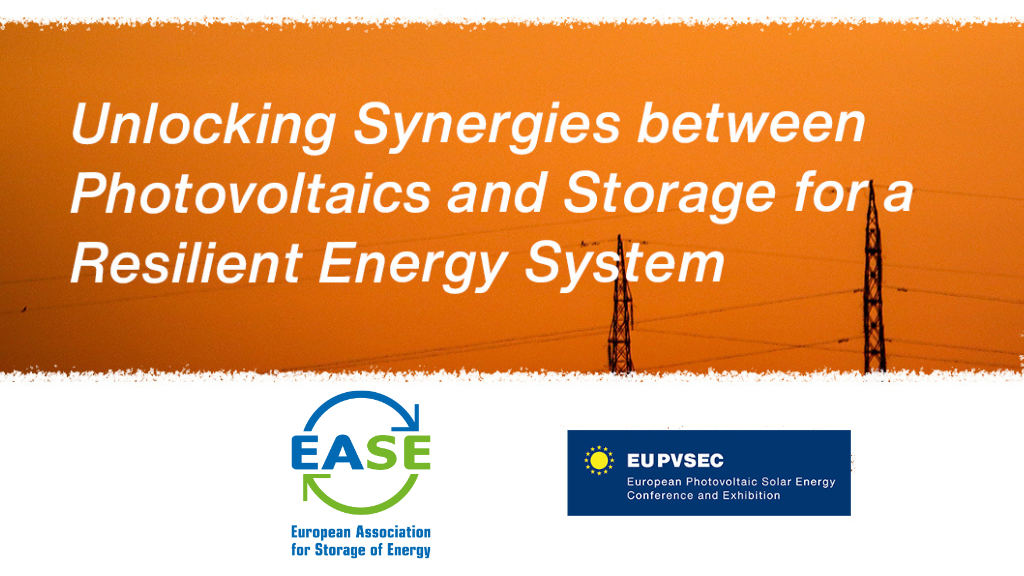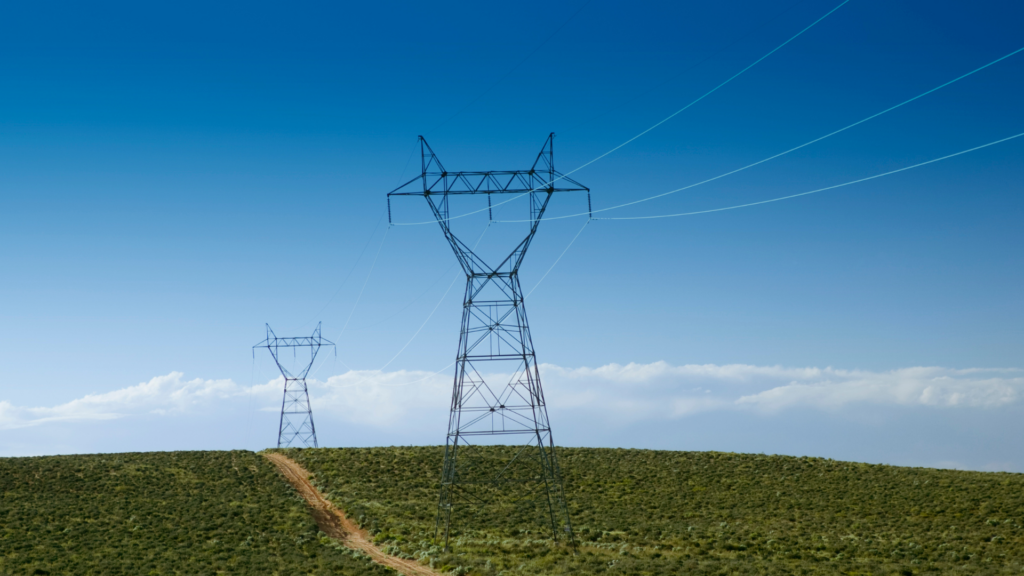30.03.2021 / News
What does the Future of Batteries Look Like?
Batteries-related news appear regularly in mainstream media. At the time of EASE’s birth, ten years ago, an article about batteries in a national newspaper would have been quite a highlight. Now, it is business as usual.
But what is all the fuzz about? Well, from the energy grid to mobility, batteries have the potential to decarbonise and interlink different energy sectors. Front-of-the-meter and behind-the-meter, contributing to the decentralisation of the energy system and the empowerment of consumers and energy communities. There are many battery technologies, chemistries, so tailored solutions for a wide array of customers possible.
The rapidly declining costs of batteries have greatly fostered the battery uptake. In recent years, the EU initiatives in the field of batteries have had positive effects on strengthening the value chain. The European Battery Alliance, Batteries Europe, and Battery 2030+ have made immediate industry action easier, and a plan to further promote battery technologies feasible – pushing them closer and closer to the market. In other words, the industry has received incentives to foster batteries and the opportunity to shape the industry’s R&I&D for the years to come. EASE is part of these just-mentioned initiatives.
Batteries are not the only energy storage technology fostering the energy transition
A question that we hear quite often: do batteries compete against other storage technologies such as hydrogen? The answer is simple: batteries are a key actor in the energy transition, but not the only one. Batteries are important for short and medium-term storage and flexibility needs. Vice versa, hydrogen is key for long-term, seasonal, and strategic energy storage.
Therefore, batteries and hydrogen offer complementary services, at different time-frames. Both of them enable the integration of renewable energy sources, therefore promoting the transition to a greener energy system. Similarly, in the context of sector integration, they interlink different sectors in a complementary manner.
What does the future of batteries look like?
Well, the new Battery Regulation Proposal has the potential to dramatically change the batteries’ business case – especially in the context of e.g. second-life batteries. Much of the focus of the new, proposed norms revolve around sustainability and circular economy. EASE believes this is positive – but significant work is needed to improve them.
Still, it is important to highlight that much can still be done to foster batteries’ uptake. Feed-in Tariff, fees and taxes structures hinder business cases for battery technologies and hamper transferral of energy from one sector to another. There is a lack of well-functioning markets for all required services, including flexibility. And system services are not all procured on the market-based conditions in all European Union Member States. This creates challenges for battery actors trying to promote their solutions and discriminates against technologies that are not allowed to provide these services, even if the services would be provided cheaply and accurately.
In a nutshell: Europe needs sustainable batteries, whose decarbonisation potential is extremely high and whose costs are going down. EASE is at the forefront in the push for better regulation and strong initiatives - there is still untapped potential.




